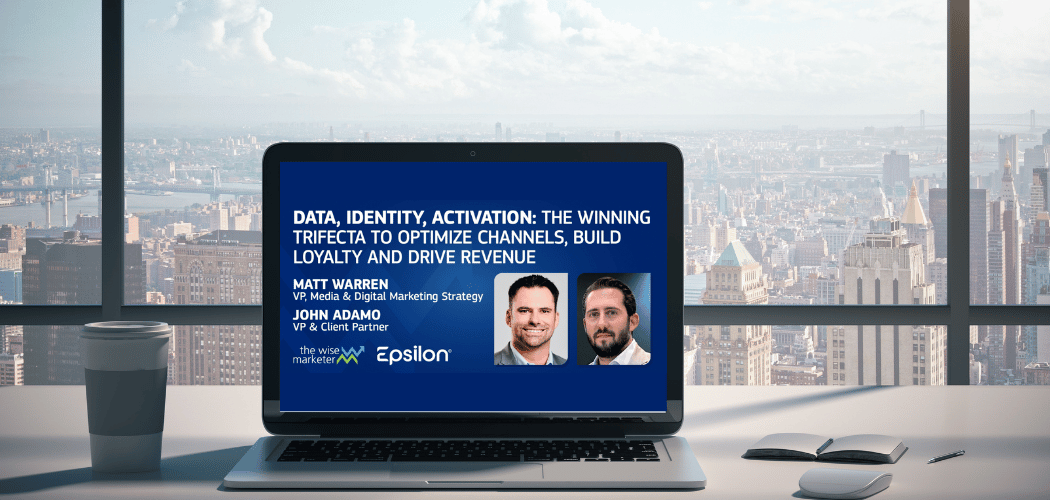The best marketing strategies evolve and grow with the consumer. In this six-part series, we focus on Relationship Marketing and how to get started with a marketing strategy that matures as a consumer’s relationship with a brand changes.
By: Jennifer Yeadon, Cheetah Digital
It’s 2022 and the entire world is still debating how personal data should be used, who should be using it and what regulations should exist around the use of it. Third-party tracking cookies and third-party data sets appear to be on the way out, while walled-garden data owned by the likes of Google and Facebook becomes harder and harder to get a clear and accurate picture of. It’s more essential than ever that marketers transition from trying to acquire all of the data they can on their customers to instead gathering the data that will help them build a better relationship with their customers.
We are so over being tracked across the internet
Have you ever been followed around the internet by an ad? Or had something pop up in your feed that you had never searched, only discussed in person — possibly around your phone or a smart speaker? This is the modern era of consumer marketing and advertising and it’s creepy as hell.
After the Cambridge Analytica scandal burst wide open, consumers saw just how icky the data collection thing was. It made consumers wary of how much they shared online, and how much was already available about them. In our recent Digital Consumer Trends Index, we found that 52% of consumers think product recommendations from cookie tracking or similar is weird, and not cool.
So, what is a brand to do? Especially one that’s relied on third-party data sets for so long? Well, it’s time brands take back ownership of their consumer data, becoming good stewards of that data and using it to build relationships that last far longer and are more valuable than those built from third-party data.
Getting to know your customer through a value exchange
The most informed data available comes directly from the consumer. We call this zero-party data. Zero-party data is self-reported data that a consumer willingly and actively gives to a brand. Now, why would they just hand over this data — especially after seeing how it’s been used in the past? This is where the value exchange comes in. A brand offers something of value to a customer in exchange for their data.
A great example of this is with the Arsenal Football Club. They were looking to engage their fans in a new way that went beyond just emails and messaging. So they created a Score Predictor. The football club’s fans were given the chance to predict various points in the game — who scored first, what time the goal was scored, etc. Fans could play every week, with a leaderboard showing the most prophetic participants. It’s a great way for fans to be engaged — especially during a period when everyone was stuck at home.
But in addition to providing a great, engaging time for their fans, Arsenal was also collecting important zero-party data from fans in exchange for really valuable experiences. These experiences they offered included things like visiting the pitch, getting a signed jersey, or being able to attend a press conference — once-in-a-lifetime events for fans that didn’t directly involve a big monetary ask on Arsenal’s part.
In the end, Arsenal was able to engage over 100,000 fans already in their database and enrich their profiles. They additionally attracted over 25,000 new fans. This will help inform their future campaigns, allowing them to continue building a great relationship with their fan base.
How will your campaigns change this year?
Some brands may look at the current situation regarding data and consumer privacy and simply continue to do what they were doing before, waiting for it all to shake out. But other brands will heed the call to change, to lean into this idea that there is value to be had in a 1:1 relationship with consumers. It will be those brands who lead the way into the new era of relationship marketing.
You can learn more about what a zero-party data strategy looks like in this fantastic video, Zero-Party Data: Building Crucial First-Party Relationships, detailing examples from multiple industries.
Jennifer Yeadon is the Managing Content Editor at Cheetah Digital. She enjoys writing about marketing, technology, and everything in between.




